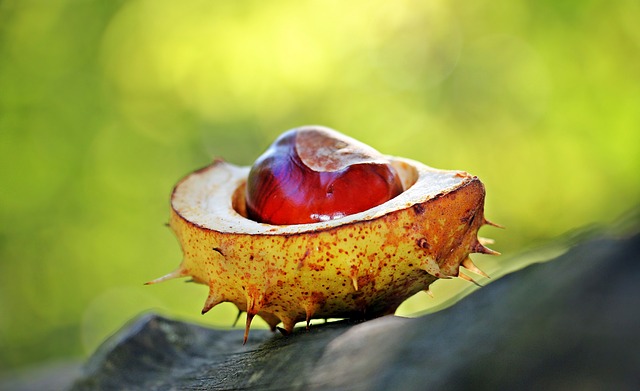Probiotics 101: A Comprehensive Beginner’s Guide to Gut Health
Welcome to our comprehensive beginner’s guide to gut health and probiotics. In recent years, there has been a growing interest in the importance of maintaining a healthy gut, and probiotics have gained significant attention for their potential role in supporting gut health. In this guide, we will explore what probiotics are, how they affect the gut, and how to incorporate them into your diet.
Understanding Probiotics
In simple terms, probiotics are live bacteria and yeasts that are good for your health, especially your digestive system. While the word “bacteria” may raise concerns, probiotics are known as “good bacteria” because they provide various health benefits when consumed in adequate amounts. These microorganisms can be found naturally in your body, and you can also obtain them through certain foods and supplements.
Probiotics work by maintaining a balance of beneficial bacteria in your gut. They help digest food, produce vitamins, support a healthy immune system, and protect against harmful bacteria that may cause infections or diseases. By keeping your gut flora balanced, probiotics contribute to overall gut health and promote better digestion.
The Benefits of Probiotics
The potential benefits of incorporating probiotics into your diet are numerous. Some of the key advantages include:
- Improved Digestion: Probiotics assist in breaking down food and enhancing nutrient absorption. They can help alleviate digestive issues such as bloating, constipation, and diarrhea.
- Boosted Immune System: A significant portion of your immune system resides in your gut. Probiotics contribute to a strong immune response, reducing the risk of infections and supporting overall immune function.
- Reduced Inflammation: Certain strains of probiotics have been found to have anti-inflammatory properties, which can help manage conditions such as inflammatory bowel disease and allergies.
- Enhanced Mental Health: Emerging research suggests a connection between gut health and mental well-being. Probiotics may play a role in reducing symptoms of anxiety, depression, and stress.
- Improved Skin Conditions: Studies have shown that probiotics could help improve certain skin conditions, such as acne and eczema, by promoting a healthy balance of bacteria in the gut.
Incorporating Probiotics into Your Diet
Now that you understand the potential benefits of probiotics, let’s discuss how you can incorporate them into your everyday diet:
- Yogurt: Yogurt is one of the most well-known sources of probiotics. Look for yogurts labeled with active or live cultures, such as Lactobacillus or Bifidobacterium strains.
- Kefir: Similar to yogurt, kefir is a fermented milk product rich in beneficial bacteria. It is a tangy and drinkable beverage that can be consumed on its own or added to smoothies.
- Sauerkraut: Sauerkraut is fermented cabbage and a great source of probiotics. Ensure you choose the unpasteurized version to enjoy the live cultures present in the fermentation process.
- Kombucha: Kombucha is a fermented tea that contains a variety of probiotic strains. It has gained popularity as a refreshing and fizzy beverage.
- Miso: Miso is a traditional Japanese seasoning made from fermented soybeans. It adds a rich umami flavor to soups, stews, and various dishes while providing probiotics.







